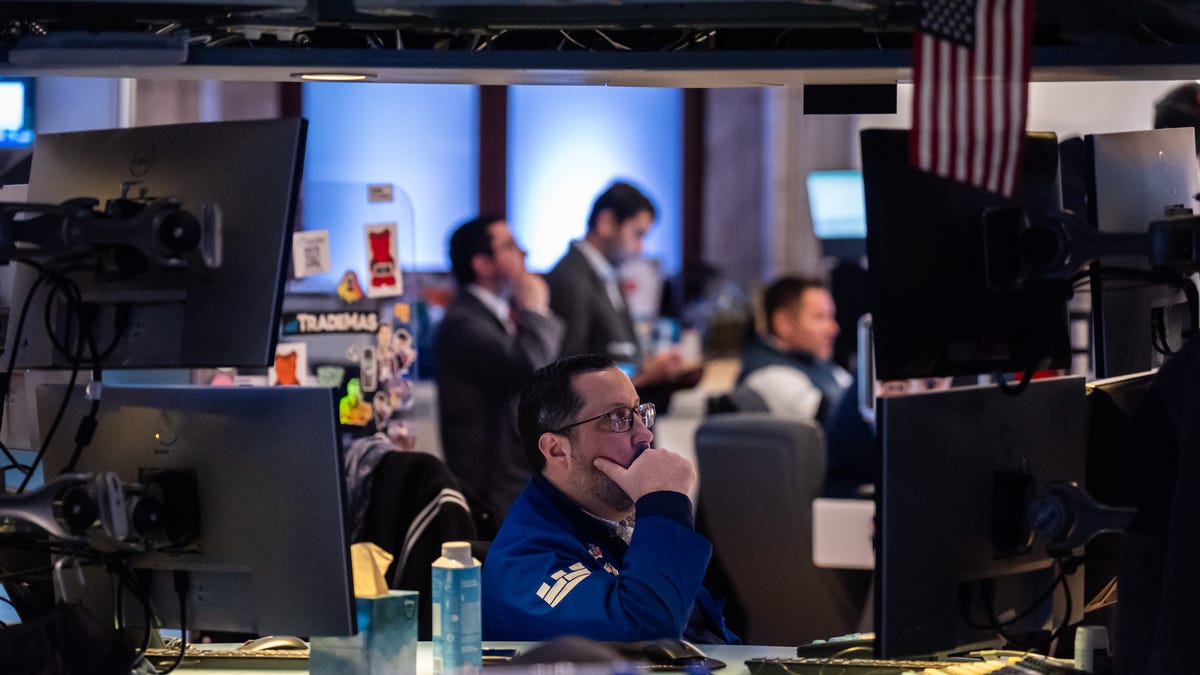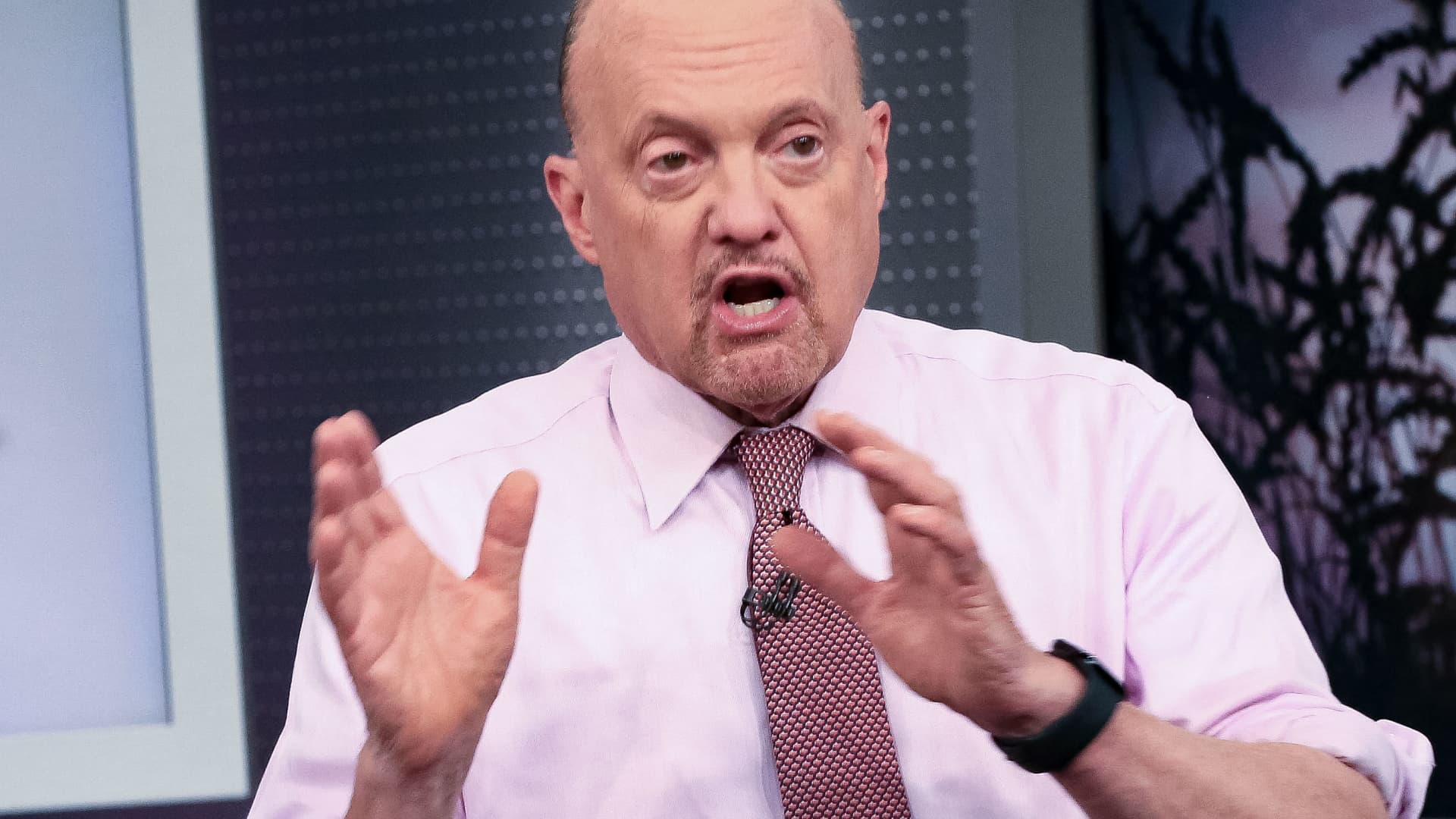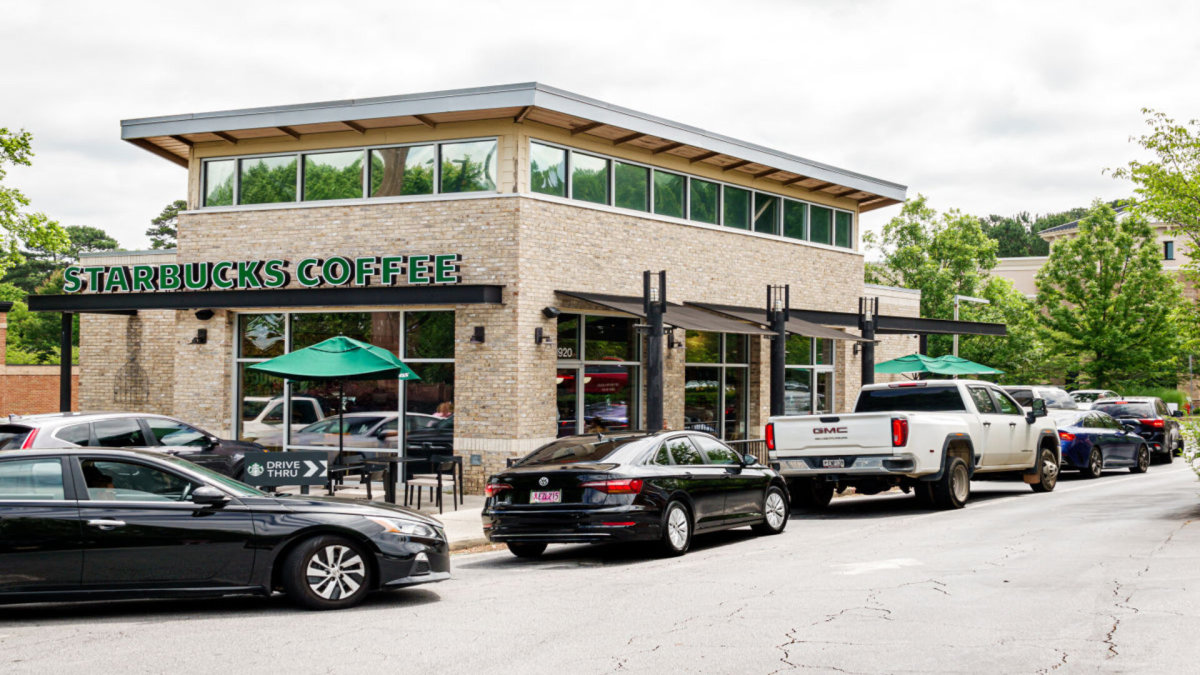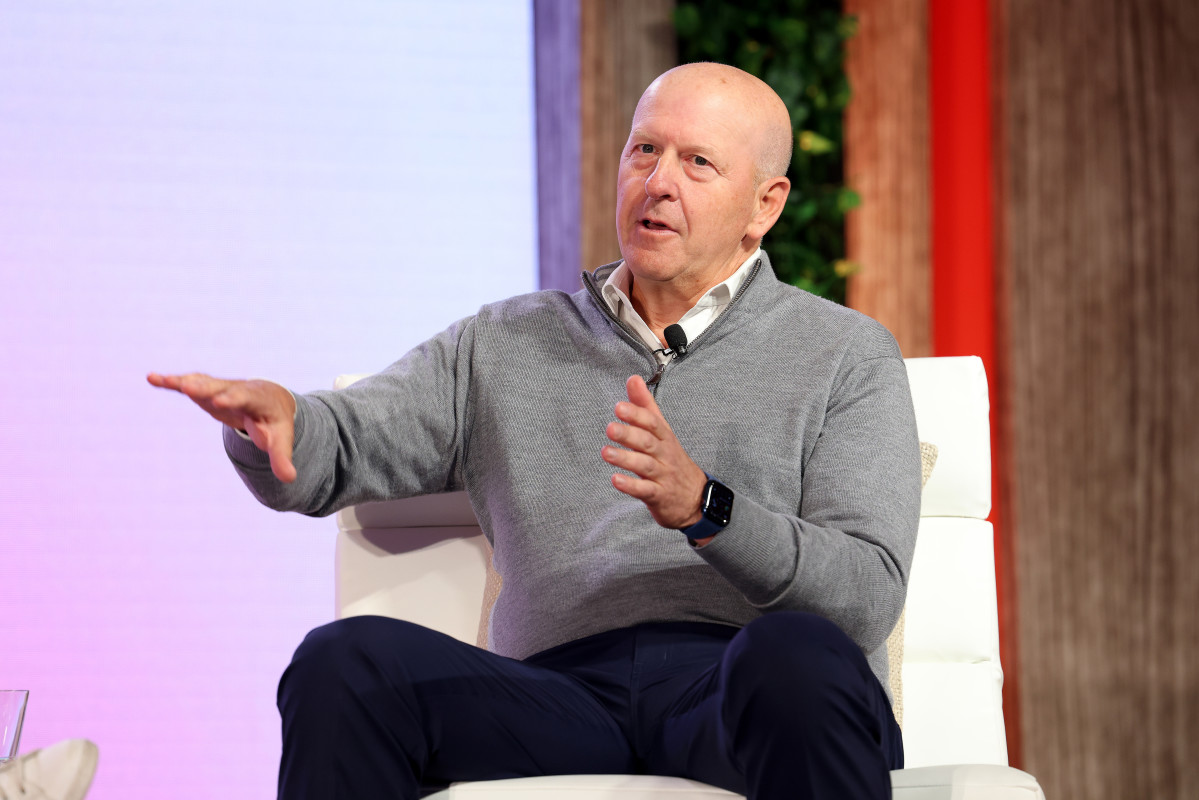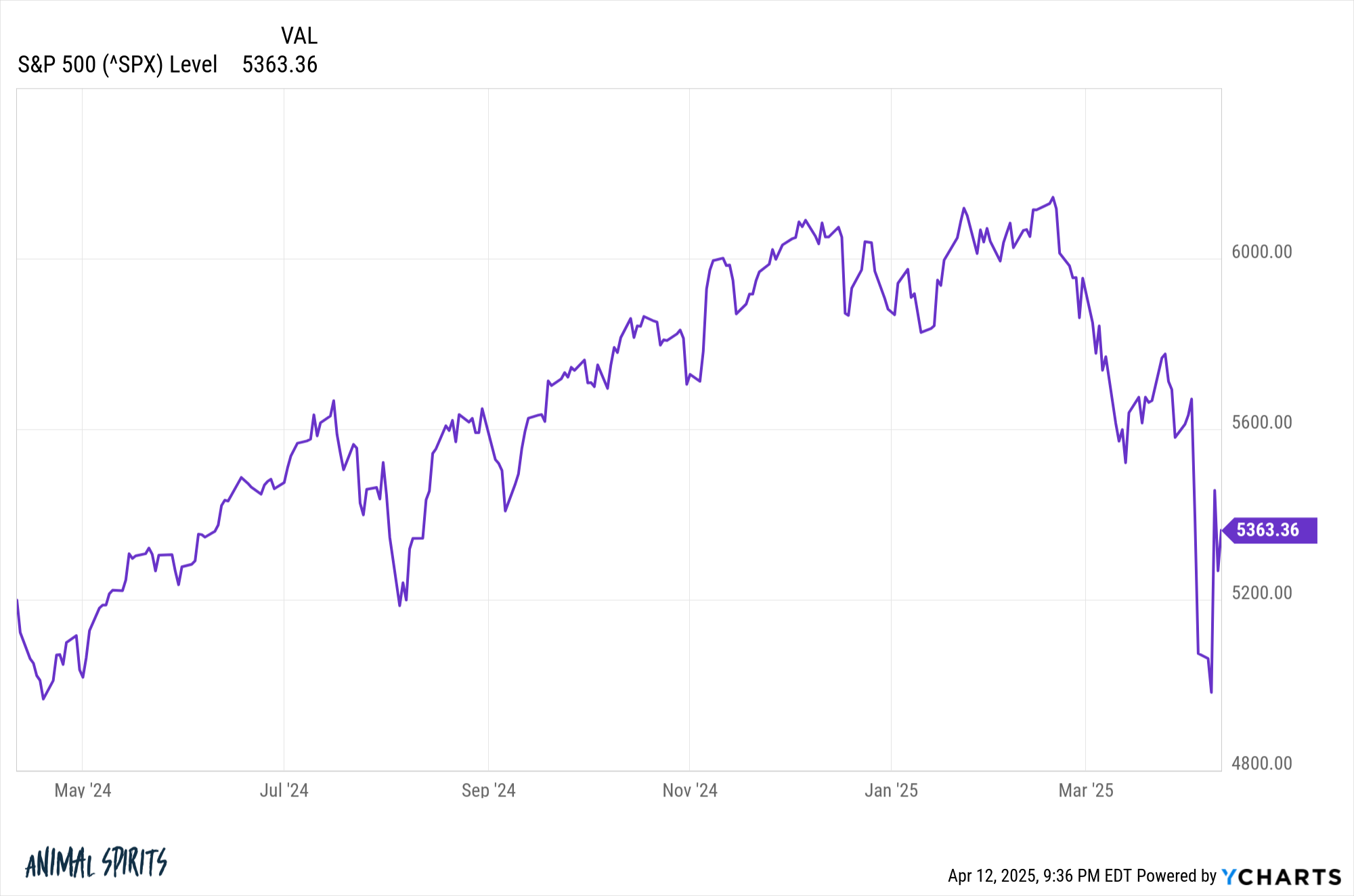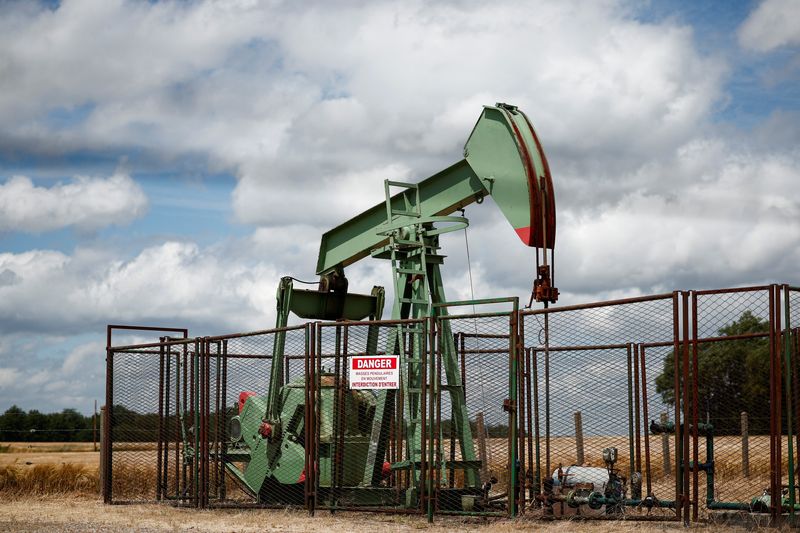3 in 4 Workers Plan to Work in Retirement, Only 1 in 3 Retirees Actually Do
Most people who are working right now plan to keep working in retirement. A whopping 75% of current workers expect to continue earning at least some pay after they have officially “retired,” according to the Employee Benefit Research Institute. Many are hoping to keep working late in life for financial reasons because they are concerned […] The post 3 in 4 Workers Plan to Work in Retirement, Only 1 in 3 Retirees Actually Do appeared first on 24/7 Wall St..

Key Points
-
While most people expect to work in retirement, few retirees actually have jobs.
-
Many people also retire years ahead of schedule for reasons outside their control.
-
You can’t count on having income coming in as a retiree, so plan and prepare to be ready to support yourself without it.
-
Are you ahead, or behind on retirement? SmartAsset’s free tool can match you with a financial advisor in minutes to help you answer that today. Each advisor has been carefully vetted, and must act in your best interests. Don’t waste another minute; get started by clicking here. (Sponsor)
Most people who are working right now plan to keep working in retirement. A whopping 75% of current workers expect to continue earning at least some pay after they have officially “retired,” according to the Employee Benefit Research Institute. Many are hoping to keep working late in life for financial reasons because they are concerned their Social Security and their savings are not going to stretch far enough.
Unfortunately, the actual number of people who work in retirement is very different. In fact, EBRI data showed that only 3 in 10 people who have actually retired have worked for pay since they ended their careers. Unfortunately, many people also end up retiring earlier than expected, as the median age when people plan to retire is 65, but the median age when people actually retire is 62.
Let’s take a look at why so many people are retiring sooner and working less than they thought as they age, as well as what consequences this could have for your retirement.
Why don’t retirees work as long or as much as they planned?
Sadly, the reasons why people retire earlier than planned are directly related to the reasons why fewer people work in retirement than planned. The issue is that many people don’t end up quitting their job because they want to or because they are financially ready to do so. They end up leaving their job because:
- They get fired or laid off: Age discrimination in employment is illegal, but older people could still find themselves on the chopping block if their company restructures, their position is eliminated, or their company goes out of business. Finding a new job may be difficult, or may seem impossible, causing many people to give up and retire early rather than starting somewhere new.
- They develop health issues: Sometimes, medical conditions make it difficult or impossible for older people to work. If you develop a health condition, you may have no choice but to give up your job — especially if you were doing something physical.
- They quit to care for family members: A spouse, elderly parents, or grandchildren may need care, and it may become necessary to quit working to provide this assistance to loved ones.
All of these issues could lead to an older worker quitting early and/or could make it difficult to work in retirement.
If you leave work at 62 to care for your 85-year-old mother in the year before she passes away, it’s going to be really hard to just jump back into the workforce at 63. Likewise, if you develop a medical issue, it’s probably not just going to disappear and enable you to find a part-time job or consulting gig as a retiree.
How your retirement plans could be derailed if you can’t work as much as you planned
If you are forced to retire ahead of your planned schedule, or if you cannot work as much as you had expected in retirement, this can create huge problems for your financial security.
For one thing, if you have to retire too soon or have less income coming from work, you may have no choice but to take more money out of your savings than you wanted to. If you can’t survive while sticking to a safe withdrawal rate, you’re going to drain your nest egg too fast, and you won’t have enough money to last. You’ll also have less time and less money to save if you were planning to contribute more to your retirement plans with the paychecks you expected that never came because you couldn’t work as planned.
If you work for fewer years than you expected, this could also affect when you need to claim Social Security and how big your benefit check is, since benefits are based on average wages in your 35 highest-earning years. If you get less Social Security than you thought, this could create an even bigger cash shortfall that you need to make up with your savings accounts.
All of this is a recipe for disaster — especially if you start to run out of money after you’ve already been out of the workforce for a really long time and after you’ve already tried and failed to find work to do in your later years.
How can you avoid financial disaster in retirement?

The best way to avoid financial disaster in retirement is to make sure that you have planned to be ready for retirement at 62, which is the median age of retirement and the earliest age you can get Social Security. You should assume you’re going to claim Social Security then, even though doing so means getting a reduced benefit. You should also plan to have your savings goals met by then.
If you do that, you can always work for longer, continue to save, and delay your Social Security claim to boost your benefits — if you’re able to. But, if you can’t work as long as planned, you’ll be in a good financial position to support yourself anyway, so you won’t go broke as a senior.
A financial advisor can help you create a financial plan that ensures you’re on track for a secure retirement even at a younger age. Work with an advisor as soon as you can to get the help and support you need so you don’t have to work in retirement if you don’t want to — especially since you may not be able to despite your high hopes of holding a job into your late 60s or even into your 70s or 80s.
The post 3 in 4 Workers Plan to Work in Retirement, Only 1 in 3 Retirees Actually Do appeared first on 24/7 Wall St..
























